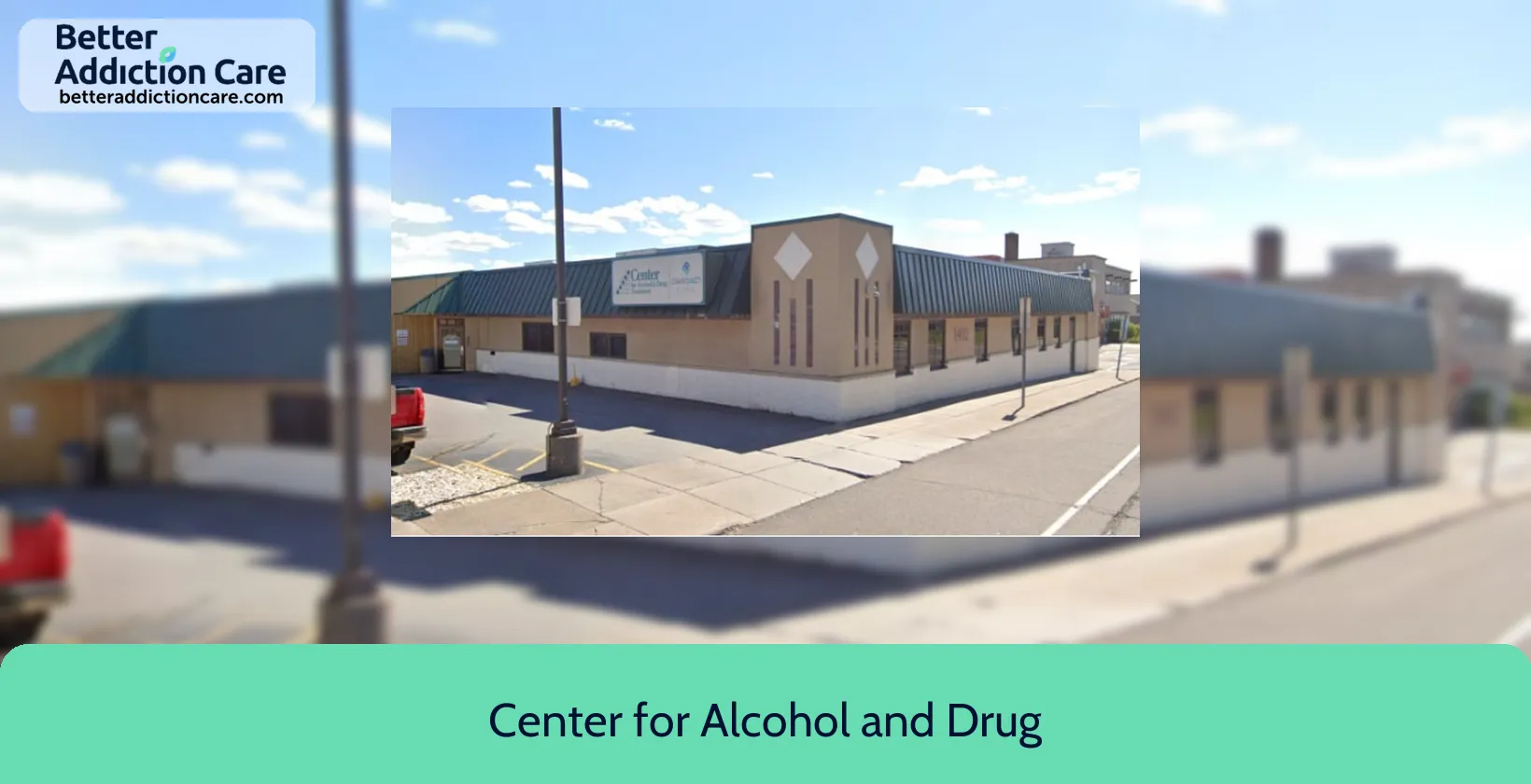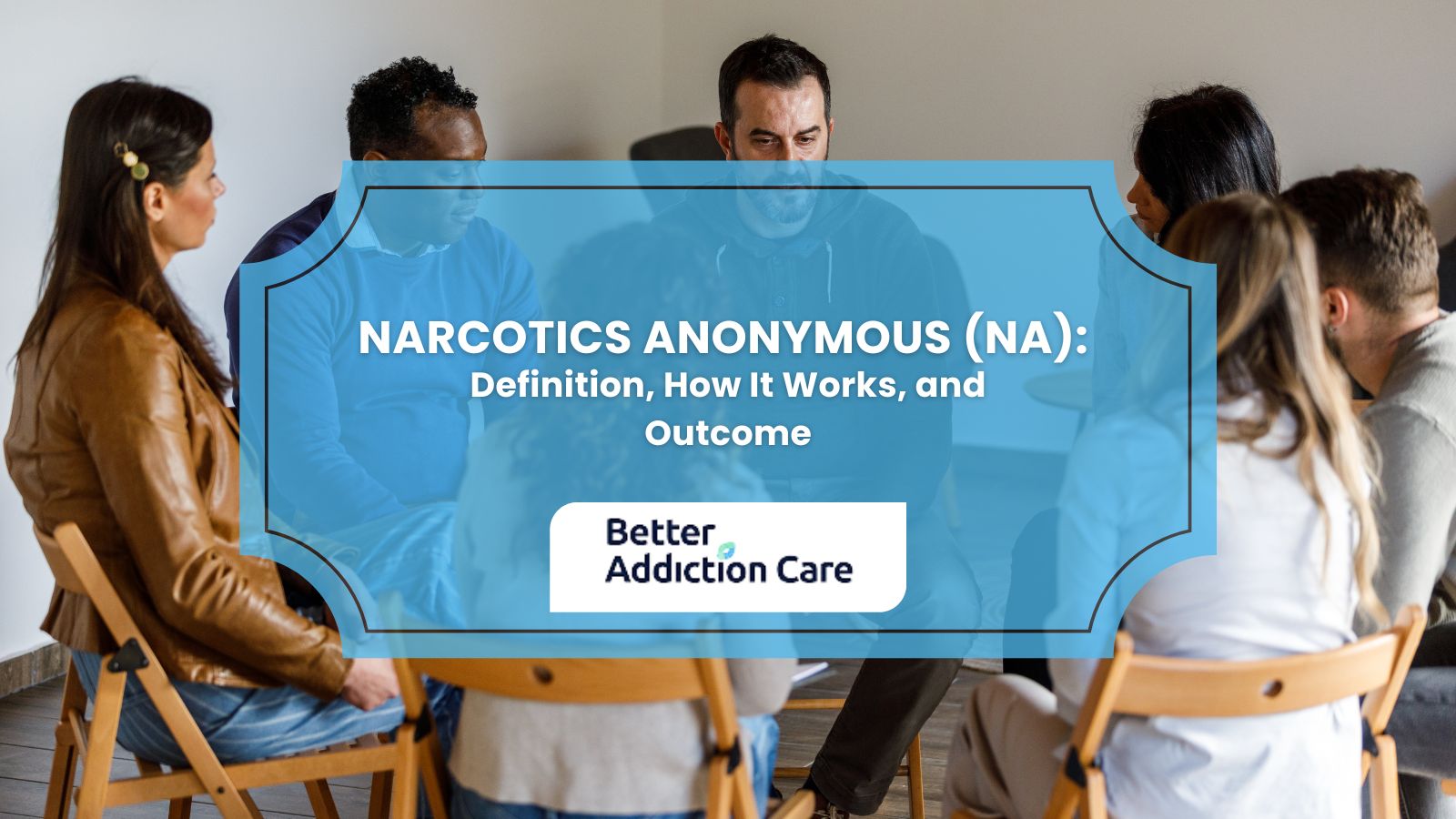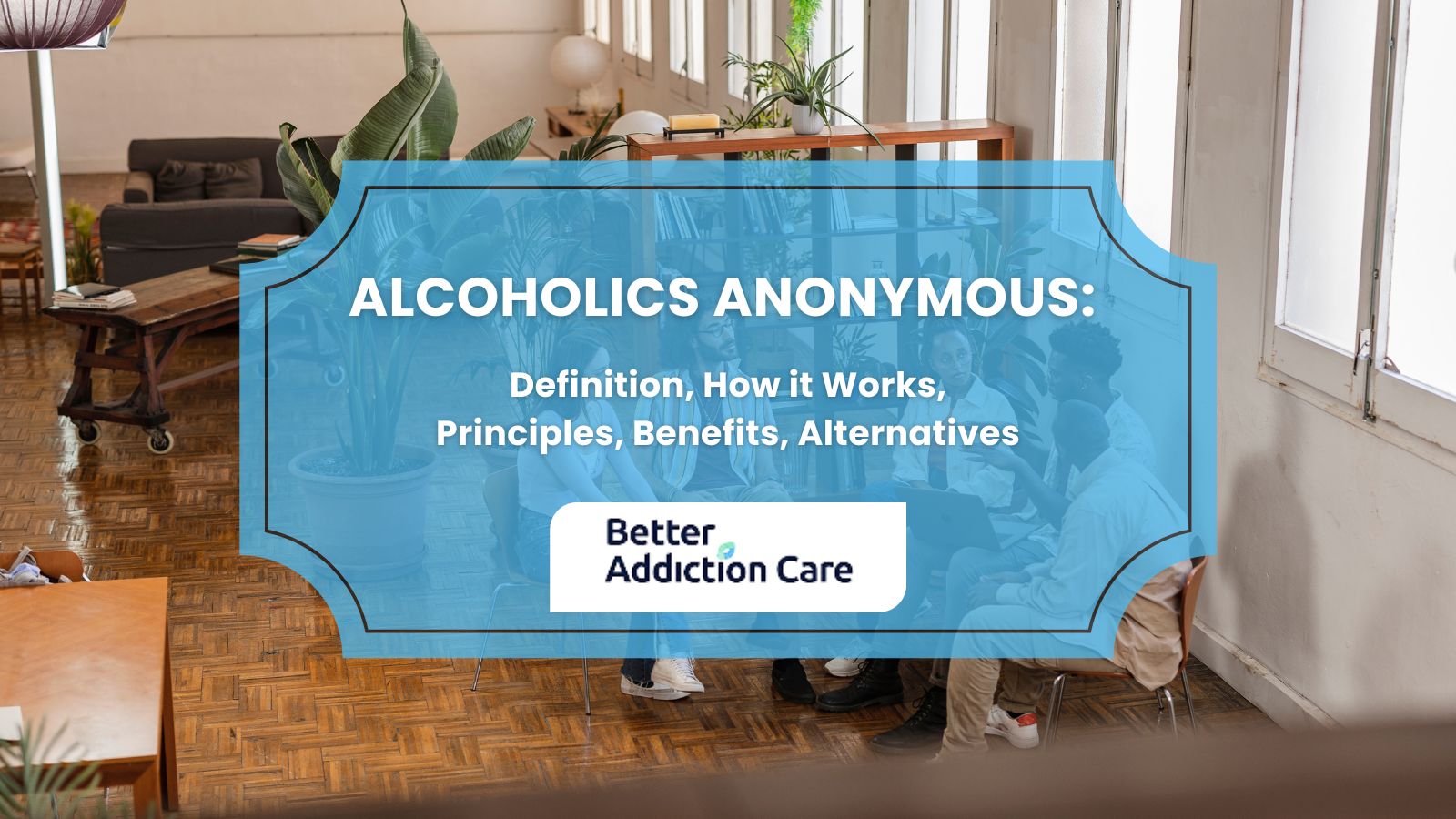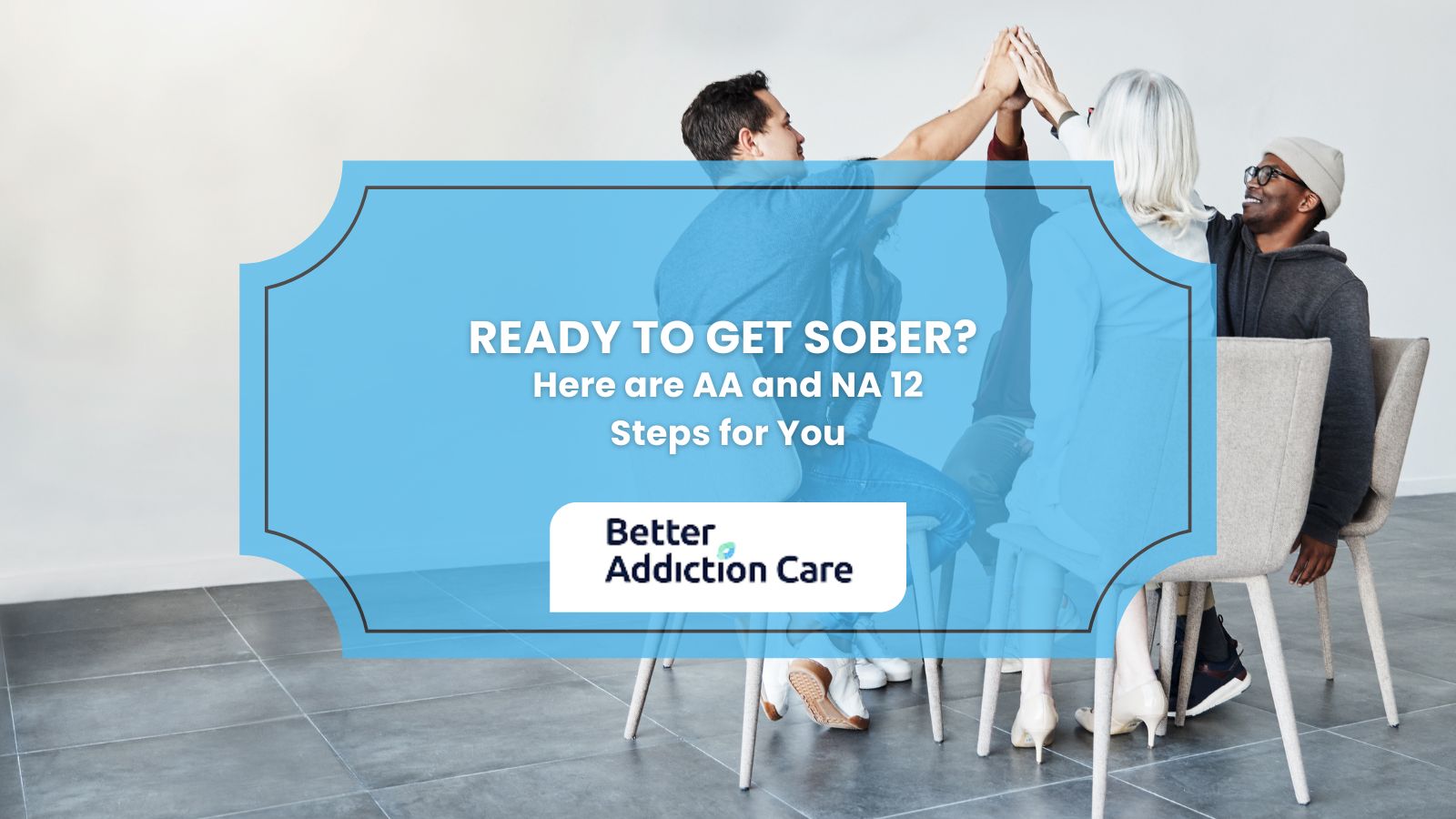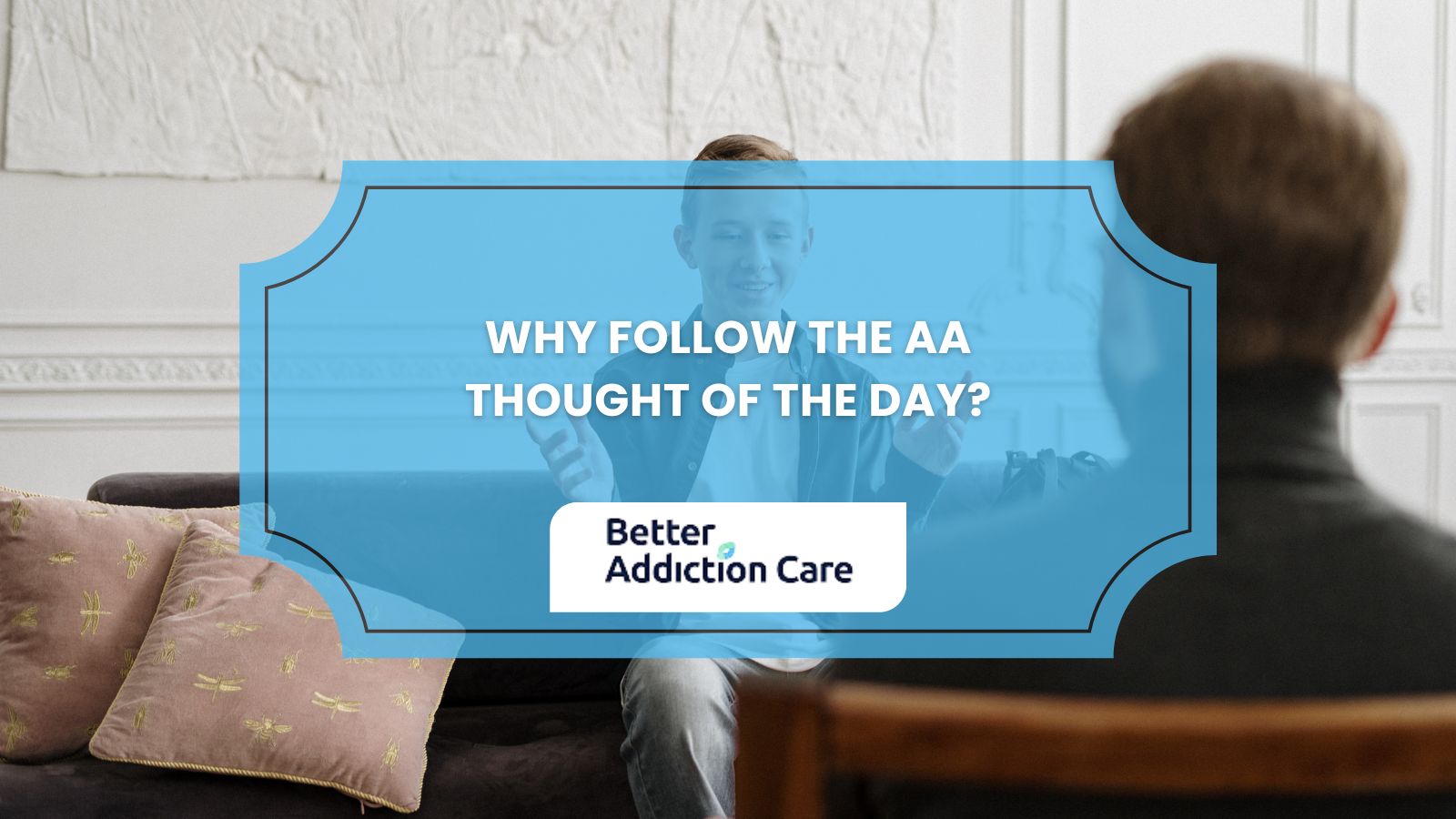Overview
Situated in Duluth, Minnesota, the Center for Alcohol and Drug Treatment (CADT) is a renowned nonprofit institution committed to provide all-encompassing treatment to those grappling with alcohol abuse, mental health conditions, and gambling problems. Over the last 60 years, CADT, formerly known as the Center for Problem Drinking, has seen a tremendous transformation. To better serve the varied needs of those pursuing recovery, the organization has expanded its programs and partnered with local groups.
With a wide range of therapy choices, CADT can meet clients at any point in their recovery process. The medical detox program offers a secure and encouraging setting where patients may go through detoxification while being watched after by medical specialists. This approach uses medical treatments to treat withdrawal symptoms in order to provide a secure and efficient detoxification procedure.
The FDA-approved medication-assisted therapy (MAT) program offered by CADT combines mental health counseling with medicine for those in need of continuous assistance. This method tackles the psychological, emotional, and physiological aspects of addiction, assisting patients in controlling cravings and symptoms of withdrawal while laying a solid basis for sustained recovery.
Clients at CADT may completely commit to their rehabilitation during residential treatment, away from the interruptions of everyday life. In order to assist clients in reintegrating into society, the program offers life skills training, education, career assistance, sober events, and excursions in addition to at least 15 hours of therapeutic therapy each week.
CADT provides outpatient services, which are less frequent than the residential program but nevertheless offer comparable assistance, to clients who want more flexibility. To assist clients in building stable, independent lives, outpatient treatment offers life skills workshops, individual and group therapy, and connections to social services and neighborhood resources.
The majority of significant insurance plans are accepted by CADT, including United Healthcare, Aetna, Beacon, Magellan, ComPsych, and Cigna. To guarantee easy access to care, clients are advised to confirm their coverage and out-of-network benefits prior to beginning treatment.
The Center for Alcohol and Drug Treatment's accreditation by CARF attests to its dedication to provide top-notch, empirically supported treatment. The guiding principle of the Center is to provide a holistic road to recovery by using harm reduction tactics in conjunction with more conventional treatment approaches, while also meeting clients where they are in their recovery journey.
From a modest team of three workers at the beginning, CADT has expanded throughout time to become a strong organization providing a variety of services and initiatives. Its commitment to assisting people in overcoming mental health and drug use issues has made it a pillar of the Duluth community. It is always growing and modifying its services to better meet the changing requirements of its clientele.
Center for Alcohol and Drug Treatment 1402 East Superior Street at a Glance
Payment Options
- Cash or self-payment
- Medicaid
- State-financed health insurance plan other than Medicaid
- Private health insurance
- Federal military insurance (e.g., TRICARE)
Assessments
- Screening for tobacco use
- Comprehensive substance use assessment
- Screening for mental disorders
- Screening for substance use
Age Groups
- Young adults
- Seniors
Ancillary Services
- Case management service
Highlights About Center for Alcohol and Drug Treatment 1402 East Superior Street
7.14/10
With an overall rating of 7.14/10, this facility has following balanced range of services. Alcohol Rehabilitation: 8.00/10, Drug Rehab and Detox: 7.23/10, Insurance and Payments: 6.00/10, Treatment Options: 7.33/10.-
Alcohol Rehabilitation 8.00
-
Treatment Options 7.33
-
Drug Rehab and Detox 7.23
-
Insurance and Payments 6.00
Accreditations
State department of health:

Government agencies issue State Licenses, which grant rehabilitation organizations permission to conduct their operations lawfully within specific geographic regions. Licenses needed to operate are typically determined by the type of rehabilitation program offered by the facility and its physical location.
Commission on Accreditation of Rehabilitation Facilities (CARF):

CARF accreditation is a globally recognized certification for rehabilitation and human service organizations. It signifies that an organization meets high-quality standards and is committed to providing top-level care. Achieving CARF accreditation involves a rigorous evaluation process, including on-site surveys. This accreditation enhances an organization's reputation, instills trust in clients and funders, and encourages ongoing excellence in the field.
Drug Enforcement Agency (DEA):
DEA accreditation refers to the process by which a law enforcement agency is recognized by the Drug Enforcement Agency (DEA) as having met specific training, operational, and resource requirements necessary to participate in DEA-led drug enforcement efforts. This accreditation allows the agency to perform DEA-related tasks such as conducting investigations, executing federal search warrants, and participating in joint task forces.
Treatment At Center for Alcohol and Drug Treatment 1402 East Superior Street
Treatment Conditions
- 24-Hour Clinical Care
- Alcoholism
- Substance use treatment
- Mental health treatment
- Co-occurring Disorders
Care Levels
- Hospital inpatient treatment
- Residential detoxification
- Hospital inpatient/24-hour hospital inpatient
- Detoxification
- Hospital inpatient detoxification
Treatment Modalities
- Cognitive behavioral therapy
- Substance use disorder counseling
- Group counseling
- Motivational interviewing
- Matrix Model
Ancillary Services
Additional Services
- Pharmacotherapies administered during treatment
- Mentoring/peer support
- Breathalyzer or blood alcohol testing
Common Questions About Center for Alcohol and Drug Treatment 1402 East Superior Street
Contact Information
Read our Most Recent Article About Drug Addiction
DISCLAIMER: The facility name, logo and brand are the property and registered trademarks of Center for Alcohol and Drug Treatment 1402 East Superior Street, and are being used for identification and informational purposes only. Use of these names, logos and brands shall not imply endorsement. BetterAddictionCare.com is not affiliated with or sponsored by Center for Alcohol and Drug Treatment 1402 East Superior Street.
